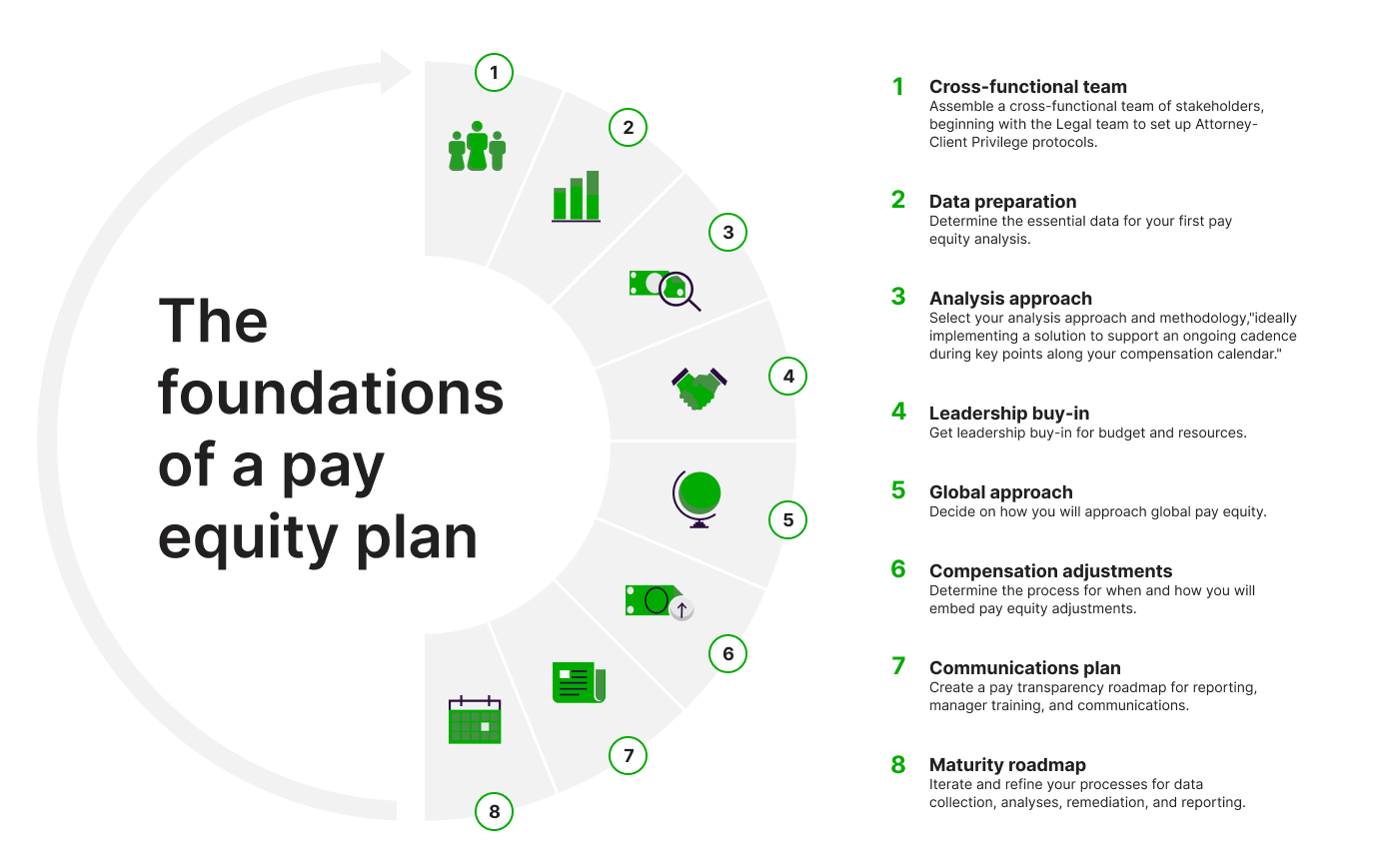A salary review is a formal process where an organization assesses the performance and compensation of its employees. It’s a crucial component of human resource management, as it impacts employee morale, motivation, and retention.
The Purpose of Salary Reviews
- Performance Evaluation: Assess individual and team performance.
- Compensation Adjustments: Determine appropriate salary adjustments, including raises and bonuses.
- Identifying Pay Disparities: Ensure fair compensation practices and address any pay inequities.
- Career Development Planning: Discuss career goals and development opportunities.
- Employee Morale: Boost employee morale and engagement.
- Retention: Prevent employee turnover by offering competitive compensation.
Key Steps in a Salary Review Process
- Performance Evaluation:
- Conduct performance reviews to assess individual and team performance.
- Use clear performance metrics and criteria.
- Provide constructive feedback and set goals for the next review period.
- Market Analysis:
- Conduct a market analysis to determine competitive salary ranges for different positions.
- Consider factors like industry standards, geographic location, and company size.
- Salary Adjustment:
- Determine appropriate salary adjustments based on performance, market rates, and budget constraints.
- Consider factors like tenure, job responsibilities, and contributions to the organization.
- Communication:
- Communicate salary decisions clearly and transparently to employees.
- Provide explanations for any salary adjustments, both positive and negative.
- Address any concerns or questions from employees.
Best Practices for Effective Salary Reviews
- Regular Reviews: Conduct regular salary reviews to ensure fair and timely compensation.
- Clear Performance Metrics: Use clear and measurable performance metrics to evaluate employee performance.
- Transparent Process: Communicate the salary review process to employees and involve them in the process.
- Fair and Equitable: Ensure that salary decisions are fair and equitable for all employees.
- Continuous Improvement: Regularly review and refine the salary review process to improve its effectiveness.
By conducting regular and effective salary reviews, organizations can maintain a motivated and engaged workforce, improve employee retention, and achieve their business objectives.
Would you like to know more about a specific aspect of salary reviews, such as performance-based pay, equity pay, or the impact of remote work on salary reviews?




